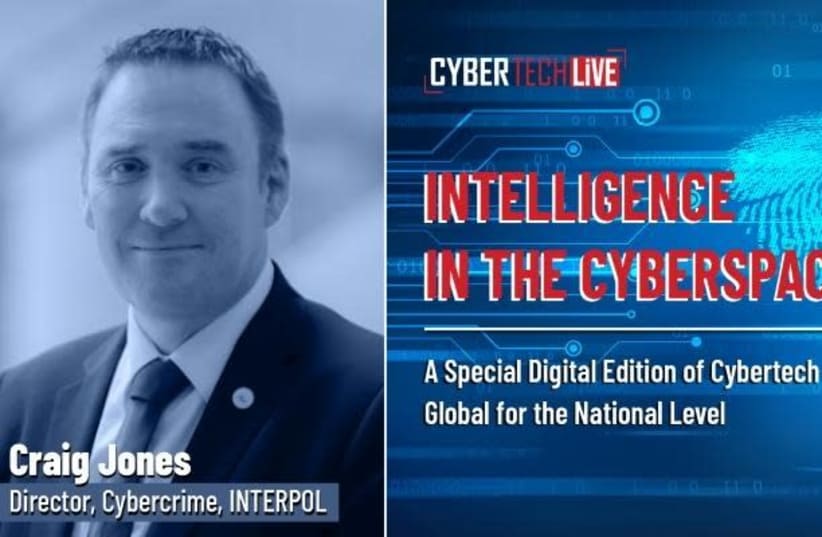Speaking at CybertechLive: Intelligence in the Cyberspace, Craig said that INTERPOL, the global policing organization with 194 member countries, aims to assist and support countries to do just that.
“Our mandate is to reduce the global impact of cybercrime and protect communities for a safer world,” he said.
To accomplish this task, he said a “global coordinated response” is needed - one that has to “deliver both preventive measures and operational activities.”
To that effect INTERPOL has designed three main pillars: Cybercrime threat response, cybercrime operations and cybercrime capabilities development.
Jones said that first and foremost, law enforcement needs to “develop a better understanding of the cybercrime landscape.”
As such, the cybercrime threat response involves collecting data and information and using it to add value to disseminate to member countries to help them better carry out cybercrime investigations and operations. "We need to draw that information in and then turn that into intelligence," he said.
He added that an integral part of this activity involves strengthening the collaboration between the public and private sectors.
With regards to operational activity, Jones said INTERPOL operates on a global, regional and national basis and currently has a number of “ongoing” investigations.
“Underpinning all of this, we need to take a look at the capabilities that law enforcement needs,” he said, adding that another one of the main objectives is to assist agencies within countries develop “specialist capabilities” needed to investigate cybercrime.
Jones explained that his agency’s capacity building program works with individual countries to improve their cyber investigation capabilities. So that “top tier” countries with excellent cyber capabilities receive support from INTERPOL, which includes info-sharing and global collaborative operations; while the agency helps “middle tier” countries strengthen their existing cyber investigation capabilities and capacities.
As for “bottom tier” countries, which have very weak or no ability to conduct cybercrime investigations, INTERPOL is working with them using online tools to develop their cyber prevention capabilities.
